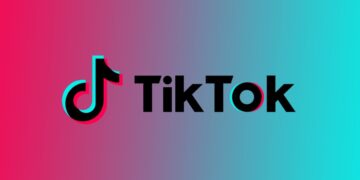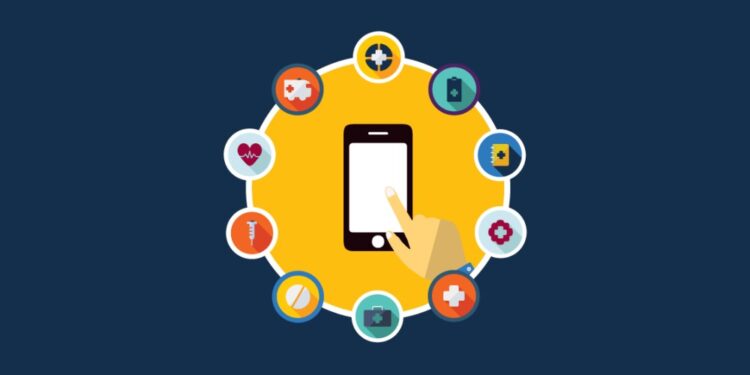Mobile apps have transformed healthcare. The rapid growth in apps has led to technology that can assist healthcare professionals with patient management, communication and consultation, and clinical decision-making. Smartphones allow for easy access and use at the point of care. Nursing apps can be a powerful tool for students and professionals. Some of the most helpful and powerful apps for nurses reference valuable information on the go, such as dosage calculations and anatomy and physiology questions.
Here are the top 10 best nursing apps.
1. Pocket Anatomy
Pocket Anatomy features 3D images and videos of medically accurate female and male anatomical content. Nurses can search through thousands of anatomical structures and systems including layers of the cranial system, internal organs and the musculoskeletal and neuromuscular systems. The app has added animations that detail anatomy, physiology, conditions and procedures. Other features include multiple types of quizzes and the ability to add notes within the app.
2. iPharmacy
iPharmacy can identify pills and includes pill and package images, and offers medication guidance for FDA-approved drugs. iPharmacy is one of the most popular medical apps for professionals as well as consumers because they can take advantage of features like medication reminders, a nearby pharmacy locator, prescription discount cards and weekly deals from local pharmacies.
3. MedPage Today
MedPage Today provides access to breaking medical news and reference information. Nurses can select from specialties to monitor, receive live conference coverage and access free CME (continuing medical education) and CE (continuing education) credits.
4. Eponyms
Eponyms is an app that defines eponyms in different searchable categories. It provides a brief description and links to Google and Wikipedia for each eponym, a term used in medicine that is named after people. For instance, Rovsing’s sign and Virchow’s node are eponyms.
5. CDC Vaccine Schedules
The Centers for Disease Control and Prevention (CDC) created the CDC Vaccine Schedules app for healthcare professionals who are recommending and administering vaccines to children, adolescents and adults. It provides schedules for all age groups on immunizations and vaccines, as well as a contraindications and precautions table.
6. Nurses’ Drug Handbook
Nurses’ Drug Handbook is the drug reference library every nurse needs on hand. It offers pill identification and short descriptions of every possible drug you could come across. Plus, it’s updated regularly. It’s a lifesaver if you’re in the hospital giving meds to be quickly able to look up drugs, side effects, interactions, and more. There are also patient safety sections, so you can provide thorough information to your patients. Helpful resources include treatment plans, pill identification, interaction checks, symptom management, and drug classification. It’s a virtual pharmacist in your pocket.
7. Epocrates
Epocrates provides a directory of drug prescribing and safety information, interaction checks, calculators and more. This app offers exceptional drug information, including a drug-to-drug interactions checker and a pill identifier. It offers disease information, alternative medicine monographs, infectious disease treatment, peer-reviewed disease content, labs, and ICD-10 and CPT codes.
8. Medscape App
The Medscape App offers a pill identifier tool to help nurses visually identify drugs, OTCs and supplements. The application also allows nurses to access the most up-to-date prescribing and safety information, as well as vital information for patient care through a clinical reference database.
9. NurseGrid
NurseGrid allows nurses to sync months of shifts into the calendar in seconds. Nurses can also sync their personal calendars into the app, allowing them to balance their busy schedules. Through NurseGrid, nurses can collaborate with colleagues to determine which shifts they are working and who can swap shifts. The app also features the ability to can keep track of credentials and receive notifications if they’re expiring.
10. John Hopkins Antibiotic Guide
On John Hopkins Antibiotic Guide, you can find some great features, including a consult section where you can input your patient’s clinical information and get evidence-based diagnoses and treatment recommendations with easy-to-read resources and color imaging. You can even personalize the guide by adding notes, keeping you organized and efficient. The app goes beyond only antibiotics and extends to psychiatry, HIV, diabetes, and other medical topics, with a citation section so you can be sure everything is evidence based.
Conclusion
Using mobile apps as a nurse is a great way to work efficiently while enhancing your clinical knowledge and other skills. The right tools can help skilled and knowledgeable nurses play a pivotal role in improving patient care. It may be a good idea to check with your employer to see what apps it recommends for use. By being tech-savvy in the industry today, you increase the use of innovations and improve patient care for the future.




































































































































































































